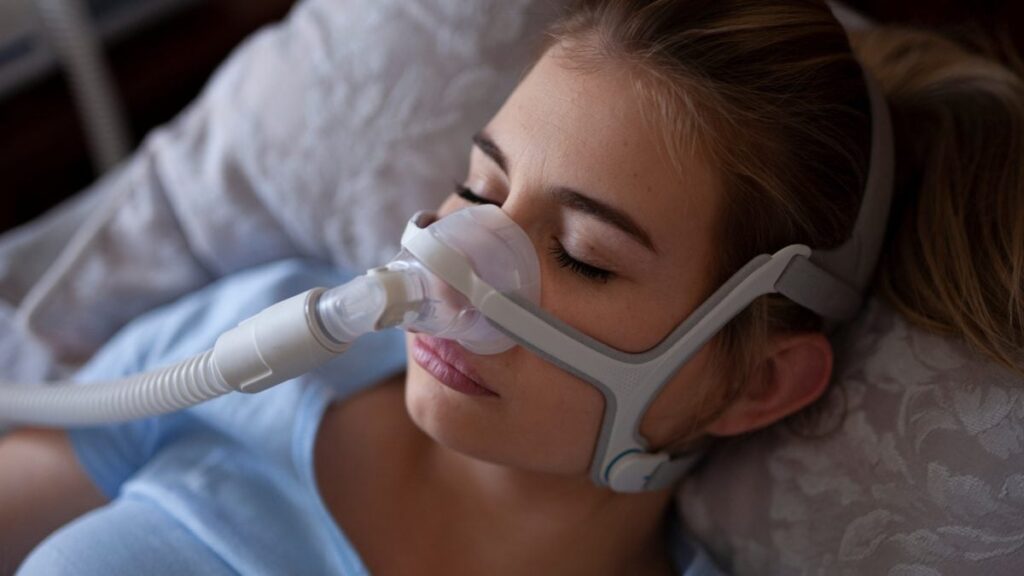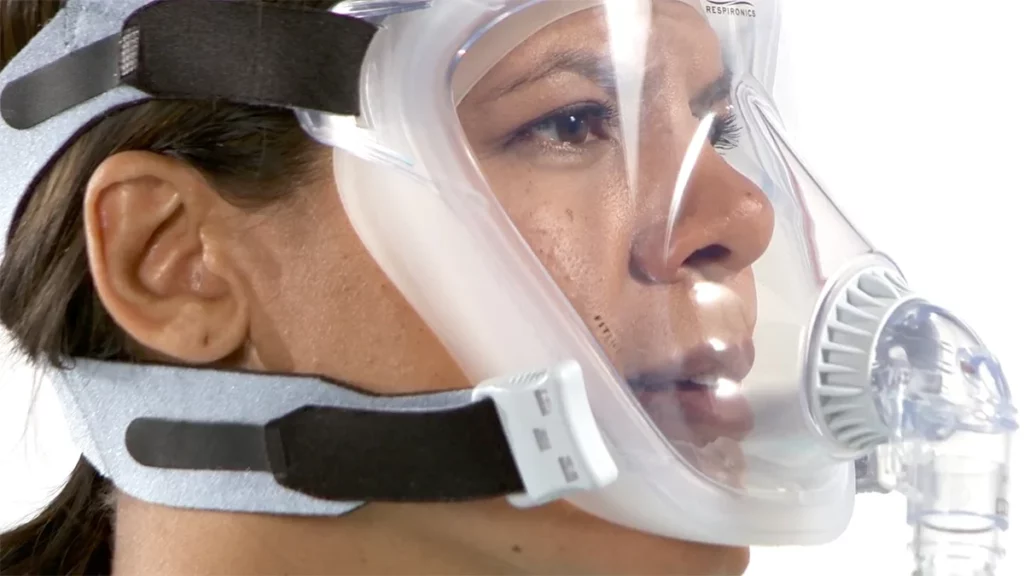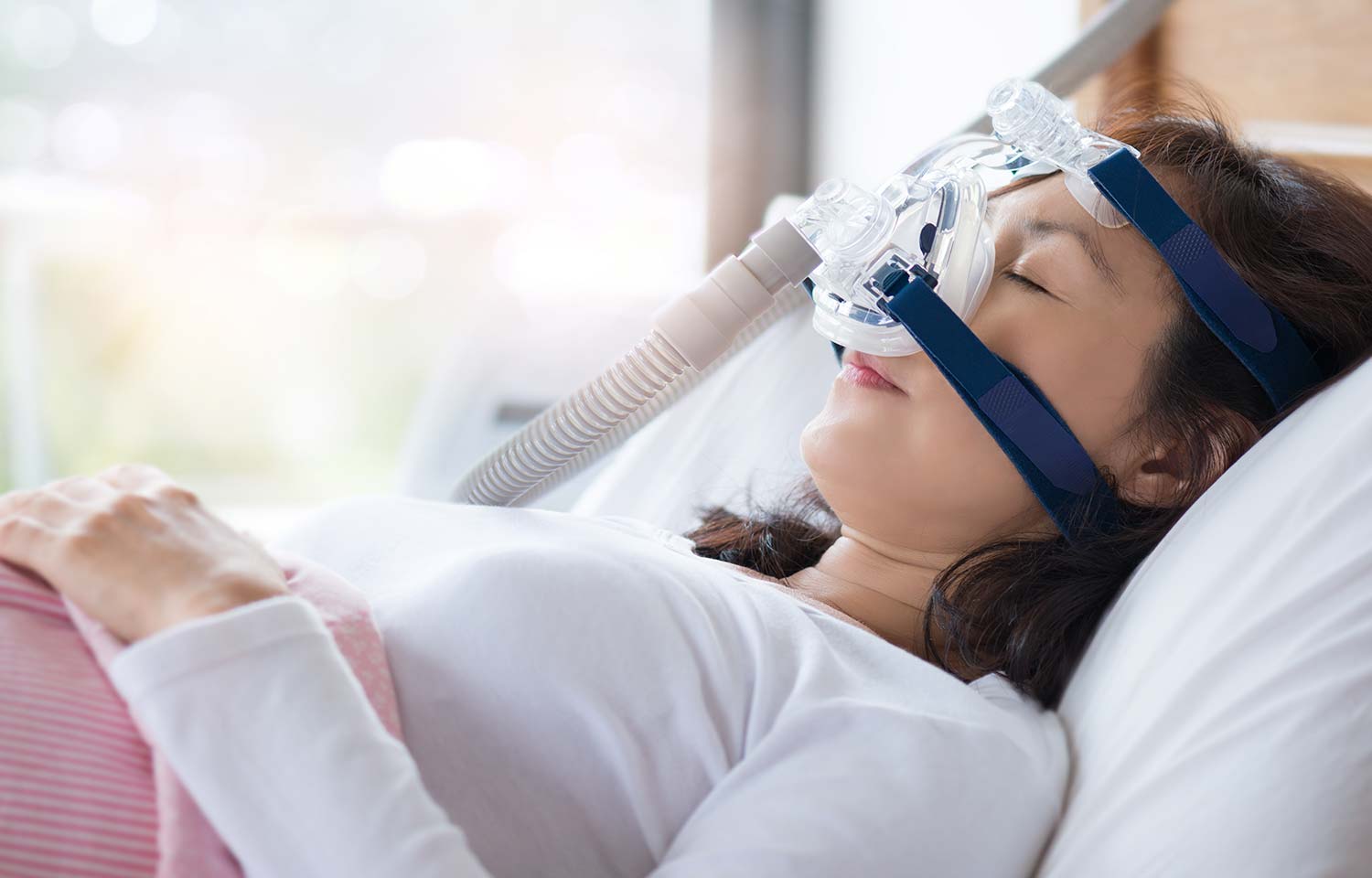For individuals suffering from obstructive sleep apnoea (OSA), a Continuous Positive Airway Pressure (CPAP) machine can be a game changer. However, the effectiveness of this therapy largely hinges on one crucial component: the CPAP mask. Choosing the right mask can often feel like a daunting task, filled with trial and error. This article aims to provide clarity on selecting a CPAP mask that truly meets your needs, ensuring a more restful night’s sleep.
Understanding CPAP Therapy
CPAP therapy is designed to keep the airways open during sleep, preventing the interruptions in breathing that characterise sleep apnoea. The machine delivers a constant stream of air through a mask, which is worn over the nose, mouth, or both. While the machine itself is vital, the mask plays an equally important role in the overall effectiveness of the treatment.
Buy CPAP mask that can significantly impact the effectiveness of sleep apnoea treatment. By considering factors such as fit, comfort, material, and design, individuals can find a mask that works for them, reducing the trial and error often associated with this process. Addressing common issues and consulting with professionals can further enhance the CPAP experience.

Why the Right Mask Matters
The right CPAP mask can significantly enhance comfort and compliance. A poorly fitting mask can lead to air leaks, skin irritation, and discomfort, which may result in disrupted sleep and the potential abandonment of therapy altogether. Hence, selecting a mask that fits well and feels comfortable is essential for successful CPAP therapy. Additionally, the psychological aspect of wearing a mask cannot be overlooked; many users report feeling self-conscious or anxious about their appearance while using CPAP equipment. Therefore, finding a mask that not only fits well but also instils confidence can greatly improve the overall experience of therapy.
Types of CPAP Masks
There are several types of CPAP masks available, each designed to cater to different preferences and needs. The three main types are nasal masks, full-face masks, and nasal pillow masks. Understanding the differences between these options can help in making an informed choice. Furthermore, it’s worth noting that many manufacturers are continually innovating and improving mask designs, which can lead to enhanced comfort and functionality. Trying out different masks, possibly through a trial period, can be beneficial in finding the perfect fit.
- Nasal Masks: These cover the nose and are suitable for those who breathe through their nose while sleeping. They provide a good seal and are often less obtrusive than full-face masks. Many users appreciate their lightweight design, which can make them feel less cumbersome during the night.
- Full-Face Masks: Covering both the nose and mouth, these masks are ideal for mouth breathers or those who experience nasal congestion. They offer a secure fit and are effective in preventing air leaks. Some models even feature adjustable straps and cushioning to enhance comfort, making them a popular choice for those who may be new to CPAP therapy.
- Nasal Pillow Masks: These are lightweight and rest at the entrance of the nostrils. They are a great option for those who feel claustrophobic with larger masks and are often preferred by active sleepers. The minimalistic design allows for greater freedom of movement, which can be particularly advantageous for those who change positions frequently throughout the night.

Factors to Consider When Choosing a CPAP Mask
Selecting the right CPAP mask involves considering various factors that can impact comfort and effectiveness. Here are some key aspects to keep in mind:
Fit and Comfort
The fit of the mask is paramount. A mask that is too tight can cause discomfort and pressure sores, while one that is too loose may lead to air leaks. It is advisable to try on different sizes and styles to find the best fit. Many suppliers offer a fitting service, which can be beneficial in ensuring the right selection.
Comfort is also subjective; some individuals may prefer a lightweight design, while others may prioritise a mask that offers a secure fit. Trying on a mask for a short period can help gauge comfort levels before making a purchase. Learn more about comfort at https://pubmed.ncbi.nlm.nih.gov/27392653/
Material and Design
The materials used in the mask can significantly impact comfort and durability. Masks made from soft silicone or gel can provide a more comfortable fit against the skin. Additionally, consider the design features, such as adjustable straps and cushioning, which can enhance comfort during use.
Some masks also come with features such as built-in exhalation ports, which help to reduce noise and improve airflow. These design elements can contribute to a more pleasant CPAP experience.
Maintenance and Hygiene
Proper maintenance of the CPAP mask is crucial for hygiene and longevity. Look for masks that are easy to clean and maintain. Many masks are designed with removable components that can be washed separately, making it simpler to keep them in good condition.
Regular cleaning helps prevent the build-up of bacteria and ensures that the mask remains comfortable to wear. It is also advisable to replace masks and components as recommended by the manufacturer to ensure optimal performance.
Common Issues and Solutions
Despite the best efforts in selecting a mask, users may still encounter issues. Understanding these common problems and their solutions can help in overcoming challenges associated with CPAP therapy.
Air Leaks
Air leaks can occur when the mask does not fit properly. This can lead to a loss of pressure and reduced effectiveness of the therapy. To address this issue, ensure that the mask is fitted correctly and that the straps are adjusted to create a secure seal. If leaks persist, consider trying a different mask style or size.
Skin Irritation
Some users may experience skin irritation or pressure sores from prolonged use of the mask. To mitigate this, ensure that the mask is not overly tight and consider using a mask liner, which can provide a barrier between the skin and the mask. Regular cleaning of the mask can also help reduce irritation caused by dirt and oils. To read more about irritation click here.
Claustrophobia
Feeling claustrophobic while wearing a CPAP mask is a common concern. For those who experience this, nasal pillow masks may be a suitable alternative due to their minimal design. Additionally, gradually acclimatising to the mask by wearing it for short periods during the day can help ease anxiety associated with its use.
Learn more at: Best CPAP Masks for Different Sleep Positions
Consulting with a Professional
When in doubt, consulting with a healthcare professional or a sleep specialist can provide valuable insights into selecting the right CPAP mask. They can offer personalised recommendations based on individual needs and preferences, ensuring that the chosen mask aligns with the specific requirements of the user.
Trial Periods
Many suppliers offer trial periods for CPAP masks, allowing users to test different options before committing to a purchase. This can be an excellent way to find the right fit without the pressure of making an immediate decision. Take advantage of these trial periods to ensure that the selected mask meets comfort and functionality standards.
Insurance and Coverage
It is also essential to check with health insurance providers regarding coverage for CPAP masks. Many plans offer some level of reimbursement for CPAP equipment, which can alleviate the financial burden associated with purchasing a new mask. Understanding the terms of coverage can help in making informed choices.
Conclusion
Ultimately, investing time and effort into selecting the right CPAP mask is an investment in better sleep and overall health. With the right mask, individuals can enjoy the benefits of CPAP therapy, leading to improved sleep quality and a more energised life.
